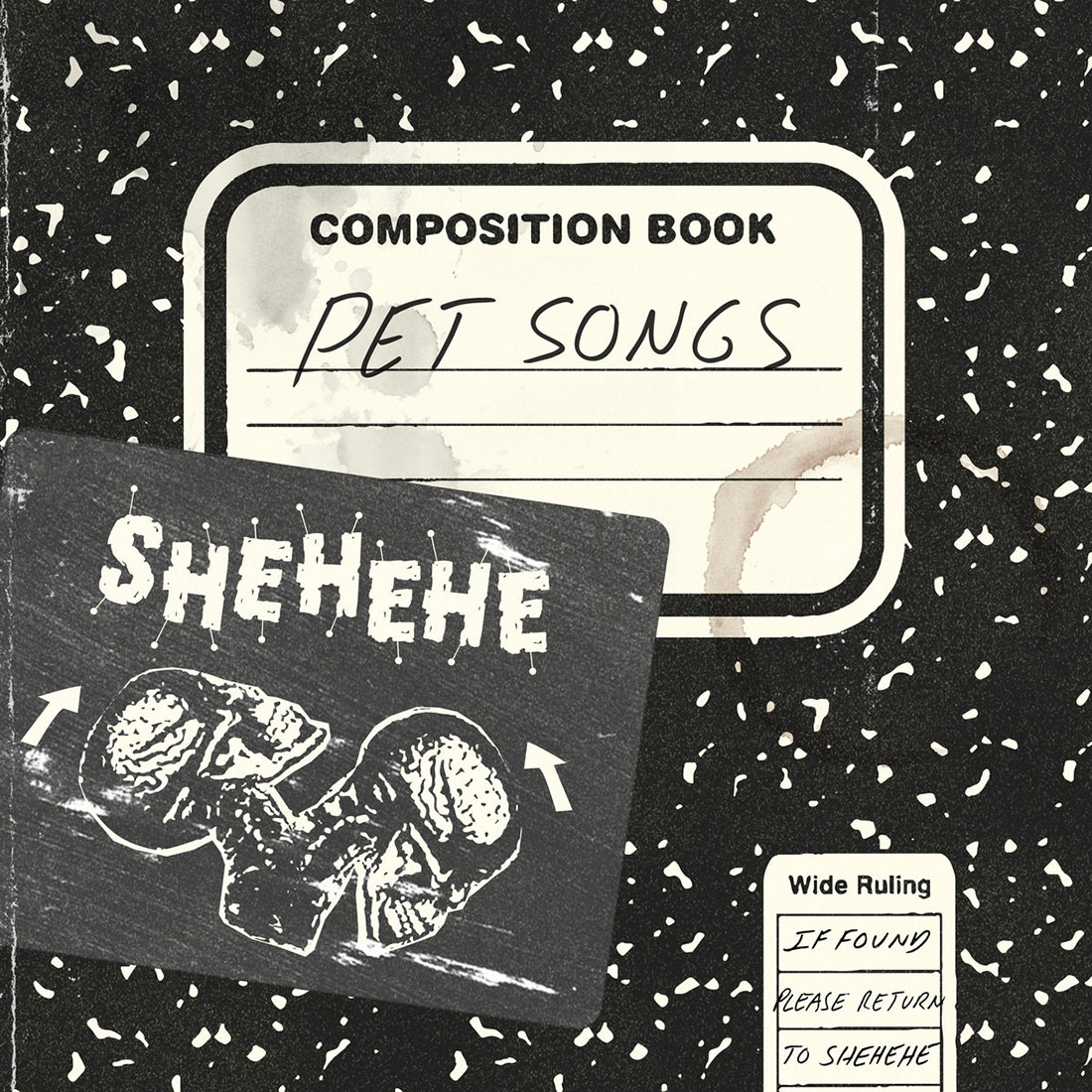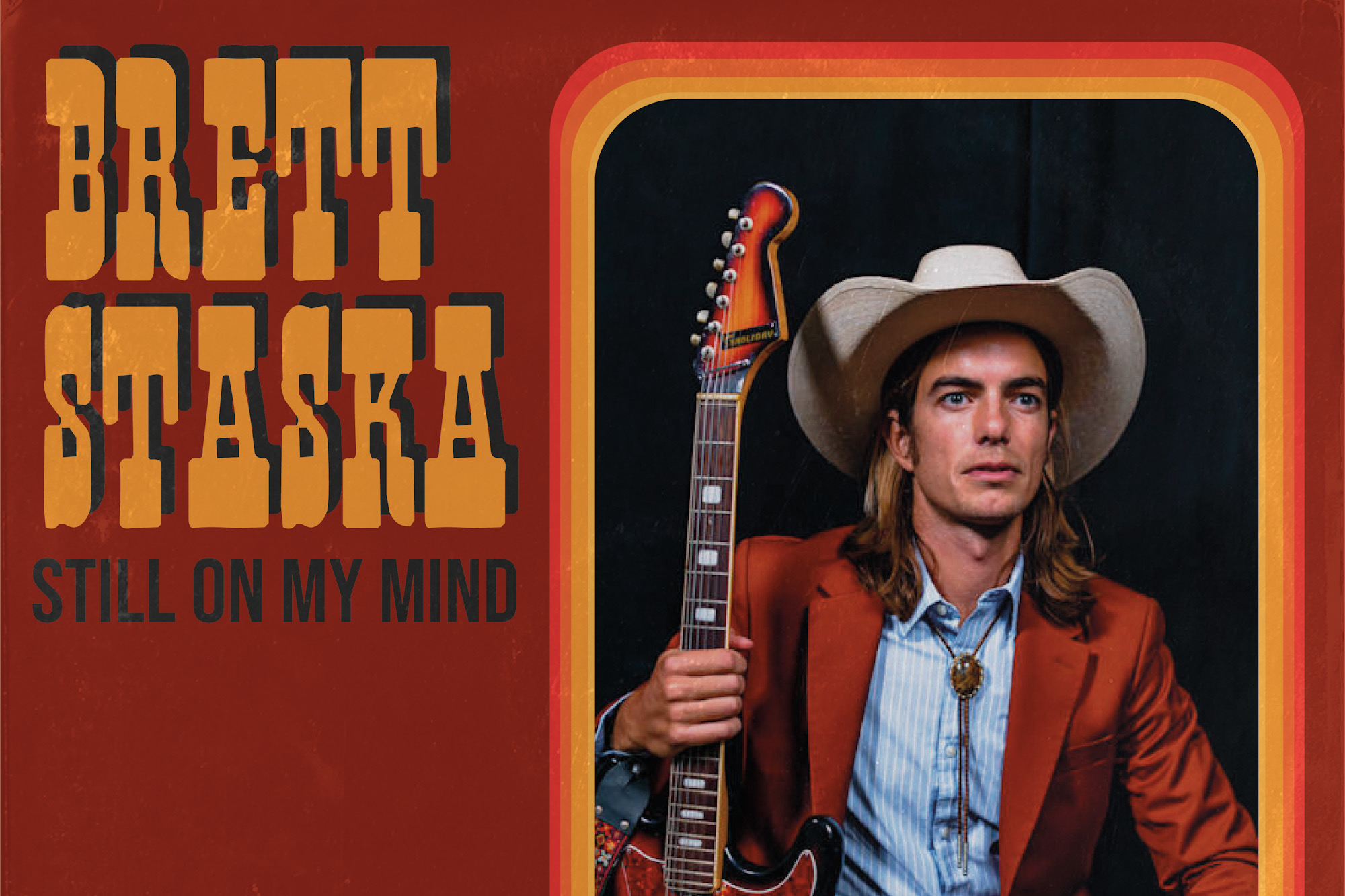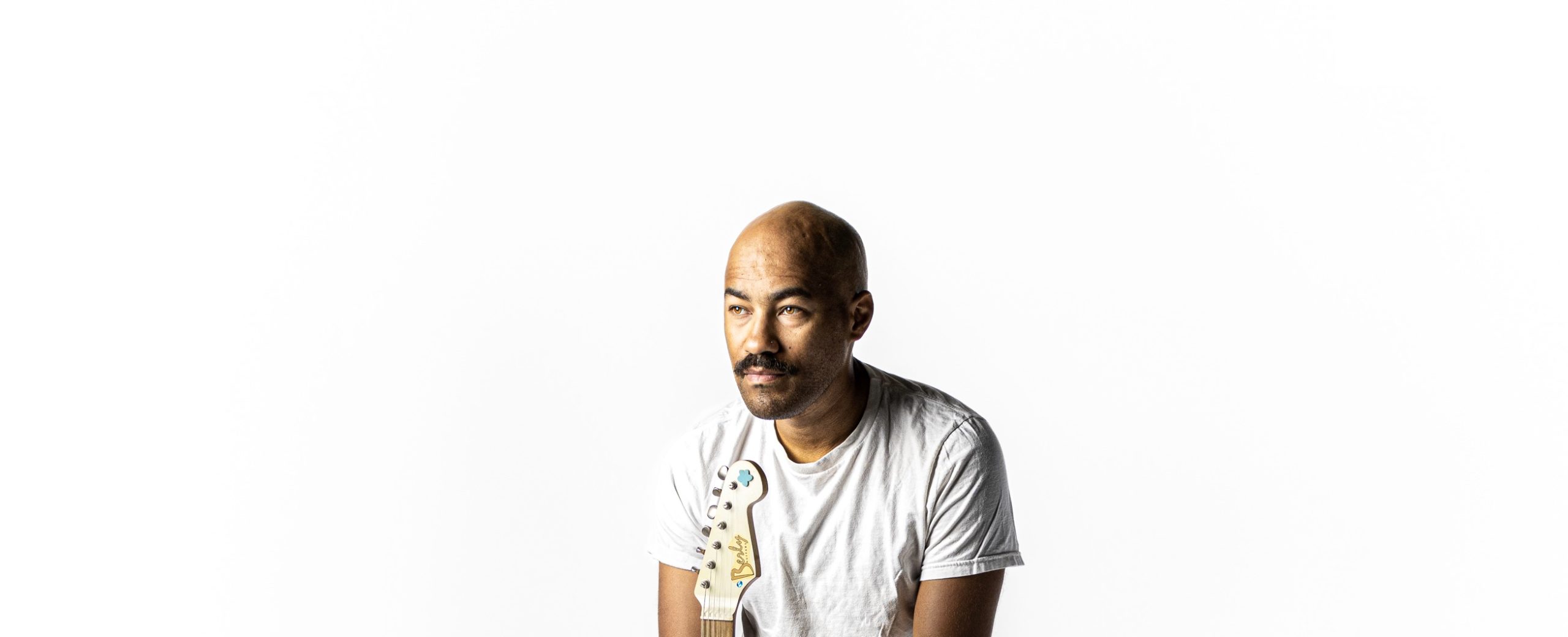By: Garrett Bethmann
Moving is a bitch, especially when you are immigrating to another country.
In addition to the normal stresses of finding a new living situation, money flow and social circle, New Zealand multi-instrumentalist Emily Edrosa also had to tough out the bruising American cultural and the death-by-papercut tediousness of things like metric conversions and misunderstandings from her accent when she moved from New Zealand to the United States in 2016. Alone and adrift in the overwhelming sprawl of L.A., her head deep in the musings of Homesick for Another World by Ottessa Moshfegh, Edrosa channeled those isolationist shockwaves into her recent November Park the Van release Another Wave is Coming.
The album is a fuzzy, post-punk beach album, grey days presiding over crashing waves. She had about half of the album done before she moved, but spent the next two years or so in America messing with arrangements, rewriting lyrics to fit her new experience and keeping her head above water. “I was getting more into 80’s post-punk girl bands, ESG, Kleenex and Bush Tetras. The main thing I enjoyed was coming up with the bass lines and trying to make them more groovy,” said Edrosa.
The album’s feelings of anxiousness, tension and discovery are a direct reflection of Edrosa’s own experience navigating America, especially during a Trump presidency. Both proved very challenging for the musician, but ultimately, provided opportunities for Edrosa to grow as an artist and an individual. Coming back to New Zealand, Edrosa felt more empowered as a creator than she had when she left and she had an album to prove it.
She’s currently spending her time living on an island in New Zealand, but a mere ferry ride from Auckland. She’s spending her time making music (she has an EP of ambient and electronic music in the bag) and enjoys finding ways to stay busy while she creates. Though she’s isolated now, the musician did admit to having another bit of culture shock coming back to her native New Zealand after months of COVID protocols in America. “For the first month or two I had been partying too much. If you can’t leave your house for eight months, then suddenly you come back and it’s bars and shows and everything is back to normal … I went into it too much,” laughed Edrosa.
No longer in America, but not yet grounded in New Zealand again, Edrosa finds herself in a similar predicament of trying to find a sense of home in a world that continues to change around her. She might not know where home is, but the artist does have a greater understanding of who she is and what she is capable of as a creator. For now, that’s enough to keep her going as she figures out her next big move in life.
“I don’t know what I’ll do for money my entire life, I just want to make records with my laptop.”

Read below for a conversation with Emily Edrosa. This interview has been edited for length and clarity.
How does your relationship and perspective change on these songs when you’ve played with them on and off for about two years, all the while moving to a different country?
I’m always changing stuff around and I like to move around the timeline. I was always trying to change them because I wanted to stay interested in them, because over that time you do kind of want to move on. By the time I usually get to mixing I just hate it, I can’t do it anymore because you’ve gone too deep. The main thing I was always changing was the lyrics because you do the vocals last and I wanted them to reflect the time I was living in.
What song do you remember having the biggest course change throughout that time period?
“Lesbian Pope” had the bass line changed a lot. When I first wrote it, it was called “Shitty Weekend” and the lyrics were, “Another shitty weekend goes on by … .“ I wanted something with a little more punch and spine to it, plus Ariel Pink had put out a record like that. So I changed all the lyrics and moved stuff around a lot on the timeline. I still have the demo and want to put it on Soundcloud because it is such a different song.
You’ve been pretty successful in New Zealand as an artist. What opportunities did the United States present that led to you to want to move over here?
I felt like my old band was liked by critics but we changed our sound and I didn’t feel like we could break into a bigger audience. You can’t be a band in New Zealand and go tour America because even the flights over are expensive. If you stay here, there’s only like six places for you to go, unless you are really mainstream. People only want to go to shows on weekends, so you have to break it up.
I didn’t have any professional goals coming to America. I won the green card lottery and I’m one of those people who looks for signs in everything. It’s sort of this middle-class rite of passage to go overseas in your early 20’s, it’s your O.E., overseas experience. I knew a lot of people who had already done that, but because I was always playing in bands I didn’t go. So this was me O.E. (laughs).
What did you learn about your experience that you feel is representative of America?
I sort of floundered a bit, I don’t know why I moved to L.A. Moving somewhere smaller I would have found my crew I think. I really spent the first year or so dealing with it. I moved a week before Donald Trump came in so it was a weird time. Americans do do things differently culturally than New Zealanders, we’re more quieter. General everyday things, like metrics and date format and my accent, were hard. Your brain constantly has to pinch yourself to make yourself feel understood. It’s something immigrants — especially ones who don’t speak English primarily — must feel on such a deeper level than me.
How did the book Homesick for Another World by Ottessa Moshfegh influence how you were experiencing life at that time?
I was reading it when I was writing the album. That title I would have loved to have called the album because it summed up the way I was feeling (laughs). L.A. in general is a place you can feel alienated and strange. I definitely relate to all those characters, I think it’s my favorite thing she’s done, though I do love Eileen. The feeling of looking out and wanting home is something I related to in all those characters. I never did feel like America was home and it’s funny because now I don’t feel like here is really home either (laughs).
What do you feel is the biggest creative accomplishment of Another Wave is Coming?
The process itself. Before that I had always worked with a band and gone into the studio. I would have the bass line and ideas for the drums. But I was literally tapping out the midi drums on this one and it shows with this technology that you can make an album by yourself. It’s encouraging because if you are fortunate enough to have a computer, a guitar and an interface you can do it. I feel a lot more empowered.


